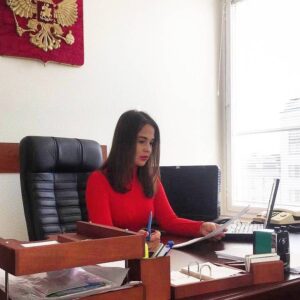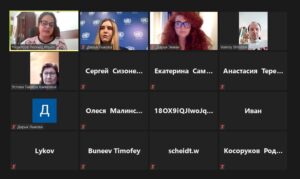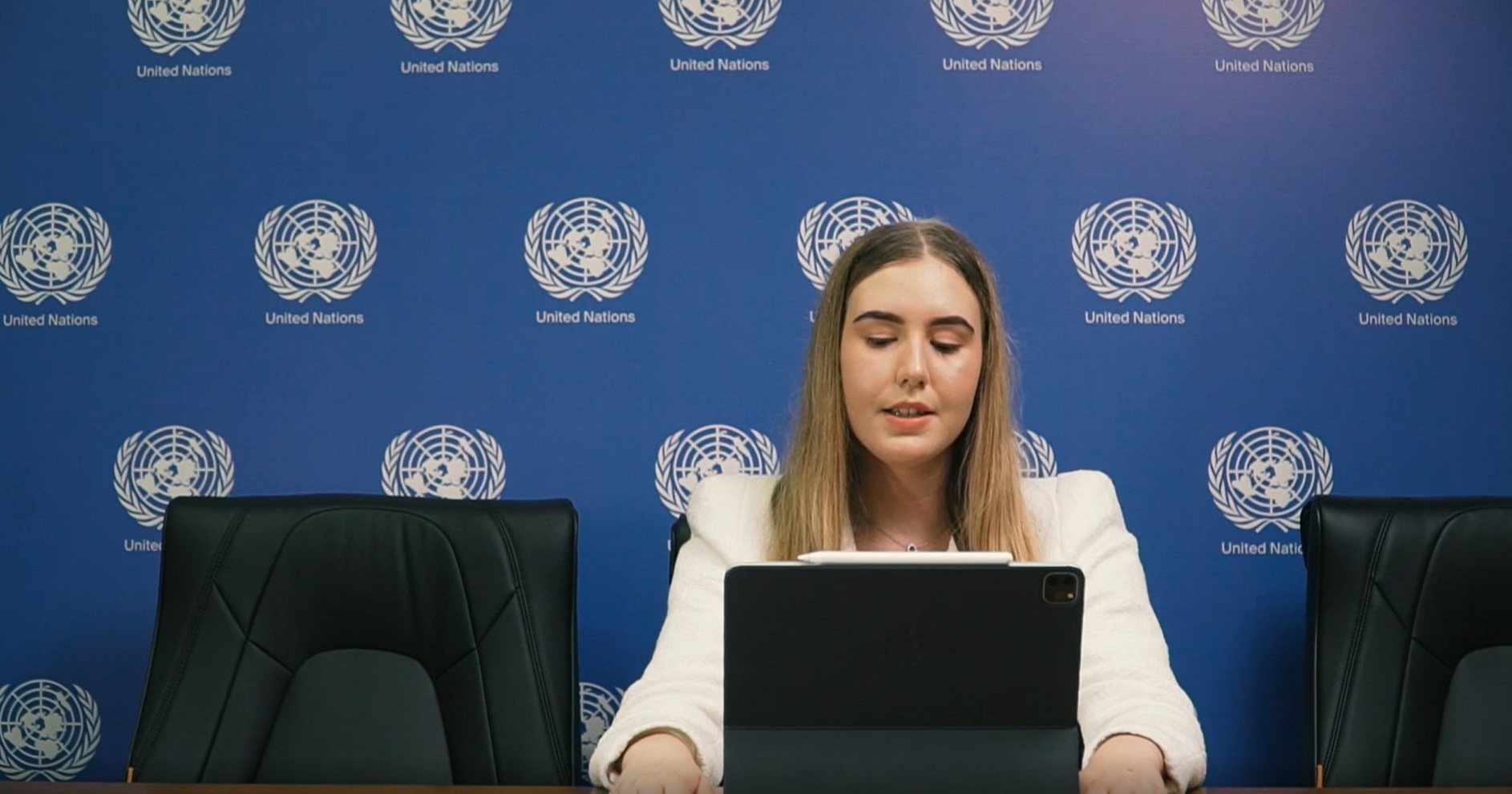On Monday, several countries of the world held a meeting of working groups on the development of the concept of the World Organization against the digital divide
The meeting participants discussed the «road map» proposed by UN experts and shared their experience in implementing programs to connect villages and even individual camps of indigenous people to broadband Internet communications in the most inaccessible regions.
Legal expert Natalya Pavlova said that on July 12, 2018, a working group began to work on the creation of a global report on digital interaction. It includes 20 prominent representatives in the IT field, headed by the co-chairman of the Bill & Melinda Gates fund Melinda Gates (USA) and the chairman of the board of directors of the Alibaba Group, Jack Ma (China). In less than a year, experts have collected and systematized information about digital collaboration at the present stage.

«There are 1.3 billion children between the ages of 3 and 17 in dire danger around the world today. They do not have access to the Internet at home, — said Natalya Pavlova, — In Eastern Europe and Central Asia, 36 million boys and girls do without a home Internet, which is 42 percent of all schoolchildren in the region.»
One of the important proposals was the creation of a global platform for the exchange of experience in the field of digital inequality. And in 2021, the beginning of such an organization will be laid in Switzerland, where activists from several countries are creating a World Organization against the Digital and Information Divide. The members of the working group in different countries of the world are called upon to collectively develop a concept for the future site.

The report of Daria Ekman, an activist of the newly created organization, contained even more data illustrating the catastrophic situation with digital inequality that has developed in the world and continues to develop for the worse.
Digital inequality exacerbates the gap between developed and undeveloped countries, rich and poor regions, wealthy and low-income families. Digital inequality deprives entire communities of the chance for development, — said the activist, — Young people between the ages of 18 and 24 are faced with the problem of digital inequality. All over the world, 759 million of them do not have the Internet.
In Eastern Europe and Central Asia, 36 million students live without a home Internet, or 42 percent of all schoolchildren in the region.
Here are the data on children without Internet access:
West and Central Africa — 95%
East and South Africa — 88%
South Asia — 88%
Middle East and North Africa — 75%
Latin America and the Caribbean — 49%
Eastern Europe and Central Asia — 42% — 36 million
East Asia and Pacific — 32% — 183 million
Globally -67% — 1.3 billion
Children and young people outside the world wide web face a range of hardships. They find themselves isolated from the whole world and cannot be competitive in the modern economy. In the current situation, when educational institutions have been closed due to COVID-19, this leads to the fact that children and young people have lost the opportunity to receive education.
The speech of Daria Lykova, a volunteer of international organizations from Krasnoyarsk, aroused great interest. She spoke about her experience of helping the residents of the small village of Volochanka, located 400 kilometers north of the Arctic Circle. Watch the Video in English. Daria is known for appealing to the owner of the satellite network, Elon Musk, with a proposal to reduce the price of Internet connection for the villages of American Eskimos and Gwich’in Indians. This time Daria cited as an example to the world community the work of the Russian company Gazprom Space Systems JSC on testing a set of satellite communications for nomadic reindeer herders in Taimyr and in the Yamalo-Nenets Autonomous Okrug
About a quarter of a billion students worldwide have been affected in one way or another by school closures due to COVID-19. Hundreds of millions of students are forced to rely on virtual learning. For those of them who do not have access to the Internet, education turned out to be completely inaccessible.
The meeting was attended by Vice-President of the Association of Indigenous Peoples of the North Sergei Sizonenko. He got in touch from the vicinity of the polar village of Khatanga, where representatives of four northern peoples live. With the participation of Sergei, tests of new sets of space communications for nomads are now underway.
Anastasia Terebikhina, coordinator of the largest Internet chat for learning Dolgan language, took part in the meeting. In her community, the Dolgans, the northernmost Turks of the world, study their language. Of course, a high-quality Internet connection for all Dolgan settlements would greatly help the work of Anastasia and her like-minded people to preserve their native language.
In September, there will be a conference of activists working in the programs of the UN and other international organizations, at which they will try to formulate the concept of a global public platform against digital inequality.

